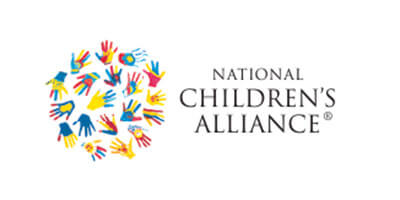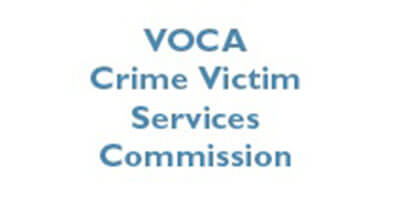The following post is written by one of our Psychology interns, Renee, who has been interning with us since May. Renee attends Michigan State University and is interested in pursuing a career in the Human Services Field.
Child abuse, regardless of severity, can have a long-lasting, negative impact on a child. Childhood is a critical period for development; waiting until the child is an adult to provide mental health services is harmful because the brain is no longer developing, which is why early intervention is such an important part of what the Child Advocacy Center does.
Untreated trauma can create many problems for children as they grow up. One major consequence of leaving trauma untreated is that a child is more likely to develop mental disorders – many go on to develop posttraumatic stress disorder, depression, and anxiety disorders. A traumatized child may also turn to drugs and alcohol later in life to cope with what happened to them.
“Studies show that children who have experienced trauma are 4 times more likely to abuse alcohol and drugs, and 3 times more likely to develop a mental disorder.”
Since children tend to lose trust in the adults around them following a traumatic event, and they may also push away the support systems they had prior to the event. This often leads to an inability to form healthy relationships and may fail to sustain them, or the relationship becomes abusive.
However, treated trauma has positive effects on a child as they age.
“Cognitive–behavioral therapy techniques have been shown to be effective in treating children and adolescents who have persistent trauma reactions.”

With treatment, there is a reduction in symptoms of posttraumatic stress, anxiety disorders, and depression. Not only do suicide rates of abused children decrease with proper treatment, but children are less likely to be involved in criminal activities, which reduces the amount of children entered into the justice system. Treatment also creates a positive support system for abused children by putting them in the care of mental health professionals who encourage recovery. Overall, treatment of trauma improves a child’s overall functioning and outlook for the future.
The Child Advocacy Center (CAC) of Lapeer County offers both crisis counseling and short-term counseling to help children cope with their abuse, as well as give them the opportunity to tell their story. Children at the CAC only have to tell their story one time to avoid forcing them to relive the traumatic experience. Since one of the goals of the CAC is to advance recovery, being traumatized repeatedly can impede that process, which is why CAC’s exist today.








